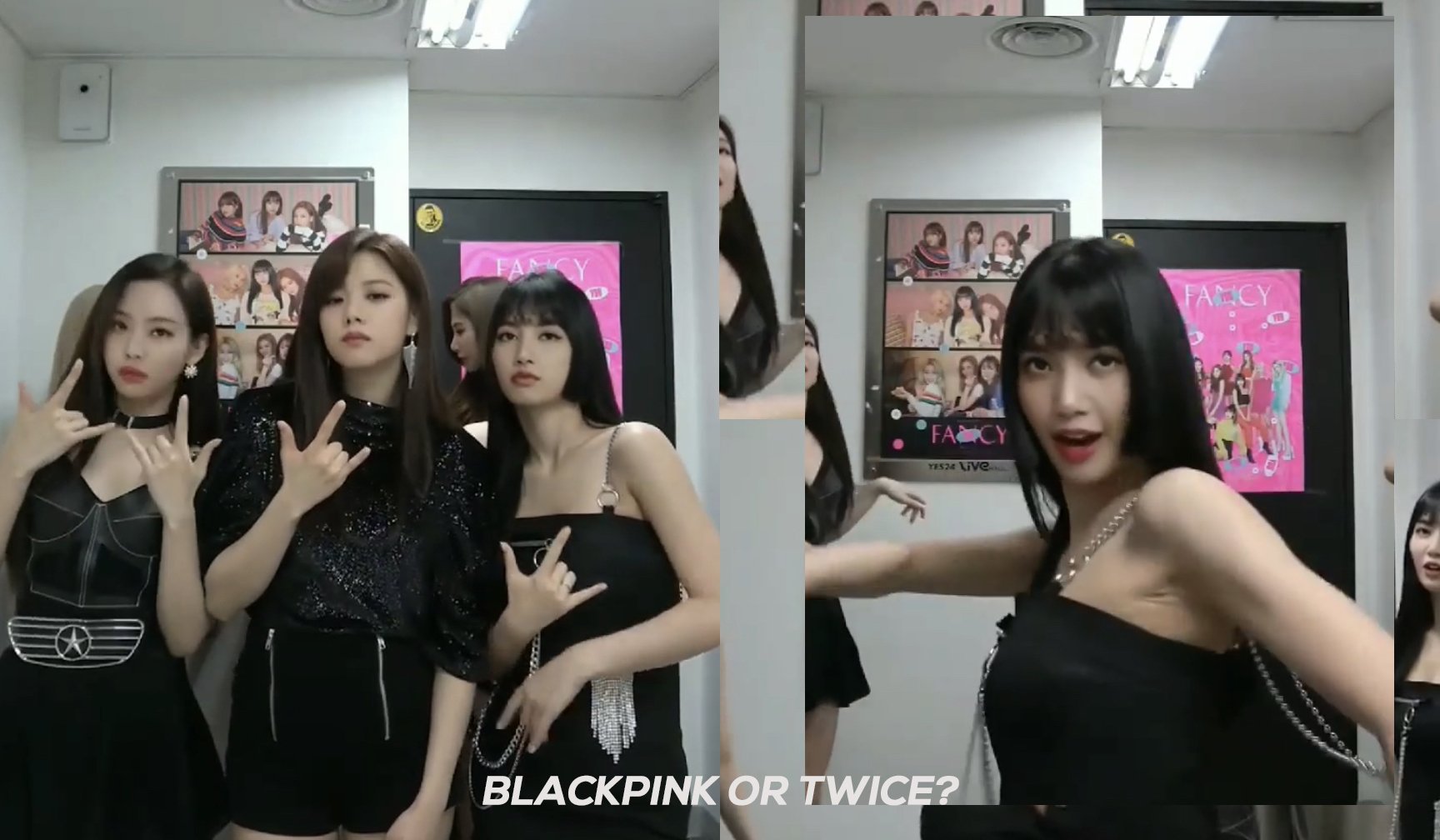The Blurred Lines Between Reality And Fantasy
K-Pop, a genre that has taken the world by storm, is known for its vibrant performances, catchy tunes, and charismatic idols. However, in recent years, a new phenomenon has emerged that challenges the very essence of authenticity within this glittering industry: K-Pop deepfakes. This term refers to the use of advanced technology to superimpose the faces of K-Pop idols onto other individuals, creating highly realistic yet fabricated content. With the rise of social media and the increasing accessibility of deepfake technology, the K-Pop community is grappling with the implications of these digital manipulations.
As fans and creators navigate this uncharted territory, the allure of K-Pop deepfakes raises important questions about identity, consent, and the ethical boundaries of fan creativity. While some argue that these creations are merely a form of artistic expression, others express concern over the potential for misuse and the impact on the careers and reputations of the idols involved. With each passing day, the line between admiration and obsession becomes increasingly blurred, prompting discussions about the responsibility of both creators and consumers of such content.
The captivating world of K-Pop deepfakes not only entertains but also serves as a reflection of our society's fascination with celebrity culture. As fans continue to explore this digital playground, it is crucial to examine the implications of K-Pop deepfakes on both the industry and its idols. In this article, we will delve deeper into the phenomenon of K-Pop deepfakes, exploring its origins, significance, and the discussions it sparks within the community.
What Are K-Pop Deepfakes?
K-Pop deepfakes are digitally altered videos or images that use artificial intelligence to superimpose the faces of K-Pop idols onto other bodies or objects. This technology allows creators to produce hyper-realistic visuals that can be entertaining, shocking, or even disturbing. The process often involves deep learning algorithms that require a substantial amount of data to generate convincing results.
How Do K-Pop Deepfakes Impact Idols?
The rise of K-Pop deepfakes has significant implications for the idols themselves. While some fans appreciate the creativity behind these works, others worry about the potential damage to an idol's image and personal life. Deepfakes can easily be manipulated to create inappropriate content, leading to concerns about consent and exploitation.
What Are the Ethical Concerns Surrounding K-Pop Deepfakes?
Ethical discussions surrounding K-Pop deepfakes often focus on the following points:
- Consent: Do idols have a say in how their images are used?
- Reputation: Can deepfakes harm an idol's career or public perception?
- Artistic expression vs. exploitation: Where do we draw the line?
- Legal ramifications: What laws are in place to protect idols from misuse?
Are K-Pop Deepfakes a Form of Fan Art?
Many fans view K-Pop deepfakes as a unique extension of fan art. While traditional fan art often involves drawing or painting, deepfakes represent a digital evolution of this form of expression. However, the debate continues: does the use of deepfake technology elevate fan art, or does it cross ethical boundaries?
Who Are the Pioneers of K-Pop Deepfakes?
As with any emerging trend, certain creators have gained recognition for their involvement in K-Pop deepfakes. These individuals often possess advanced skills in digital editing and AI technology, allowing them to create convincing content that captures the attention of the K-Pop community.
What Are Some Notable Examples of K-Pop Deepfakes?
Some of the most talked-about K-Pop deepfakes include:
How Can Fans Engage with K-Pop Deepfakes Responsibly?
As the K-Pop community continues to navigate the complexities of deepfakes, fans can engage responsibly by:
- Understanding the technology behind deepfakes.
- Respecting the idols and their boundaries.
- Creating content that does not misrepresent or harm individuals.
- Participating in discussions about the ethical implications of deepfakes.
Conclusion: The Future of K-Pop Deepfakes
In conclusion, K-Pop deepfakes represent a fascinating yet challenging intersection of technology and celebrity culture. As fans and creators explore this evolving landscape, it is essential to consider the ethical implications and potential consequences of their creations. By fostering discussions and promoting responsible engagement, the K-Pop community can ensure that deepfakes remain a form of artistic expression rather than a tool for exploitation. The future of K-Pop deepfakes will undoubtedly continue to provoke thought, inspire creativity, and challenge the notions of authenticity within this vibrant industry.
Biography of a K-Pop Idol
For a more in-depth understanding of how K-Pop deepfakes affect individual idols, let's take a look at the biography of one of the most popular K-Pop stars today.
| Name | Lisa Manoban |
|---|---|
| Stage Name | Lisa |
| Date of Birth | March 27, 1997 |
| Nationality | Thai |
| Group | BLACKPINK |
| Role | Main Dancer, Lead Rapper |
As the conversation around K-Pop deepfakes continues to evolve, understanding the personal experiences of idols like Lisa can help shed light on the broader implications for the industry and its fans.



ncG1vNJzZmivp6x7s7HBnqOrmZ6YtbjFzmeaqKVfmLyvwMSnq62dk51%2BcLfPqKednZWls6K3xKxloaydoQ%3D%3D